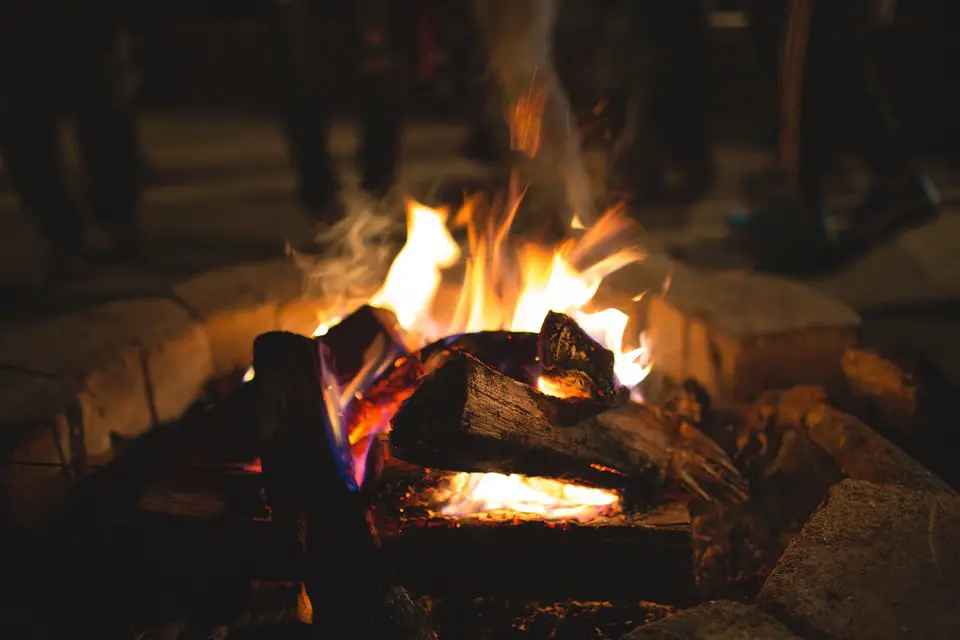Stay Safe and Enjoyable: Expert Camping Tips You Need to Know
Introduction
Camping is a fantastic way to reconnect with nature, unwind, and create lasting memories. However, to ensure that your camping trip is both safe and enjoyable, it’s essential to be prepared. With expert camping tips in your arsenal, you can maximize the fun while minimizing potential hazards. Read on to discover valuable advice from camping experts that will enhance your outdoor experience.
Campsite Selection
Selecting the right campsite is crucial for a successful camping trip. Look for level ground to pitch your tent and clear away any debris or rocks that may cause discomfort during sleep. Additionally, choose a spot away from dead trees, low-lying areas prone to flooding, or potential hazards such as sharp cliffs or animal dens.
Packing Essentials
Preparing a comprehensive camping gear checklist is vital to ensure you have all the essentials. Some must-haves include a tent, sleeping bags, camping stove, cooking utensils, first aid kit, insect repellent, headlamps, and appropriate clothing for changing weather conditions.
Fire Safety
When building a campfire, choose a designated fire pit if available and clear the area of any dry vegetation. Keep a bucket of water nearby to extinguish the fire completely before leaving the campsite. Always follow local fire regulations and never leave your fire unattended.
Food Storage
Proper food storage is essential to avoid attracting wildlife. Store your food in airtight containers or coolers and keep them in a safe distance from your sleeping area. In bear country, use bear-resistant containers or hoist the food up in a tree away from your campsite. This will help prevent unwanted animal encounters and maintain a safe environment.
Leave No Trace
Respecting and preserving nature should be a priority while camping. Follow the principles of Leave No Trace by packing out all your trash, not disturbing wildlife or their habitats, and minimizing the impact of your activities on the environment. Leave the campsite as clean, if not cleaner, than you found it.
Weather Preparedness
Be aware of the weather forecast before heading out and pack accordingly. Dress in layers to adjust to changing temperatures and always have rain gear handy. In case of severe weather conditions, such as thunderstorms or high winds, ensure your tent is properly secured and seek shelter if necessary.
FAQs
Q: Are campfires allowed in all camping locations?
A: No, it’s important to check with the campground or local authorities if campfires are permitted. Some areas may have fire restrictions in place due to high fire danger.
Q: How can I prevent insect bites while camping?
A: To prevent insect bites, apply insect repellent containing DEET or picaridin, wear long sleeves and pants, and use mosquito nets or bug screens on your tent.
Q: What should I do if there is a wildlife encounter?
A: Maintain a safe distance from wildlife and never feed or approach them. If encountering a potentially dangerous animal, such as a bear or cougar, remain calm, speak calmly, and back away slowly. Do not run.
Q: How can I stay safe during a camping trip?
A: Besides following the provided expert tips, it’s crucial to inform someone of your camping plans, carry a first aid kit, know basic wilderness first aid, and familiarize yourself with local emergency procedures.
Q: Is camping suitable for beginners?
A: Absolutely! Camping is a wonderful activity for beginners as long as you are properly prepared and informed. Start with shorter trips and gradually increase your experience and knowledge.





